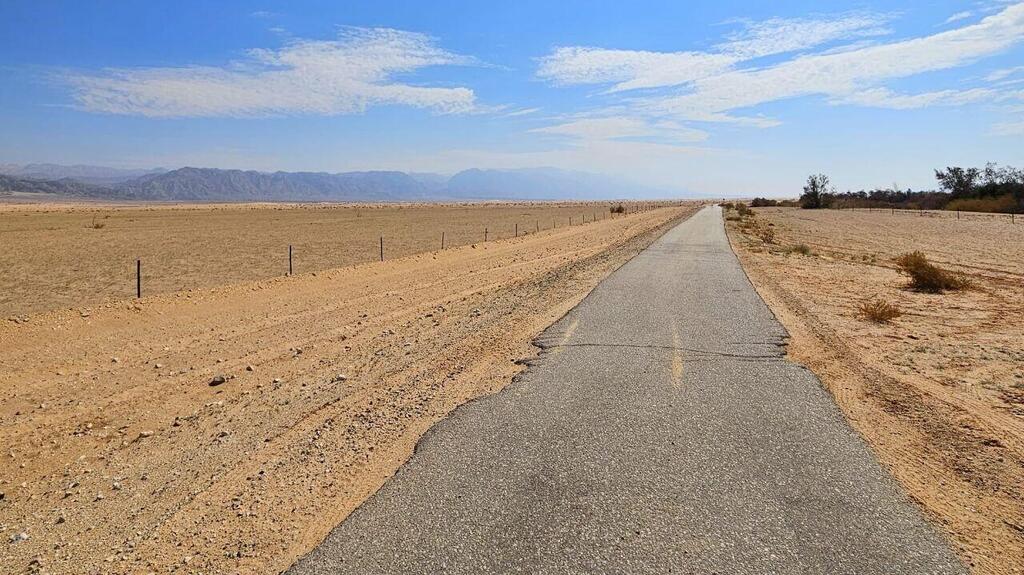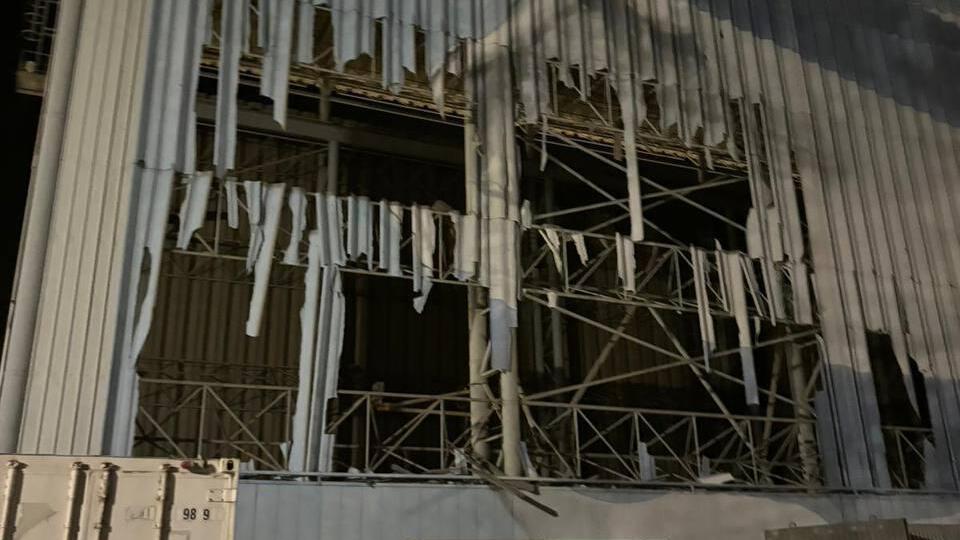Getting your Trinity Audio player ready...
In recent weeks, residents of the Arava desert– a region in southern Israel close to the Jordanian border – have been voicing concerns that the next war could arrive across the eastern border. They cite the cruise missile that fell near Eilat, a drone that landed at an IDF naval base, a drone that crashed in Jordan near the border and Ramon International Airport, and numerous incidents of suspected aerial infiltrations by enemy aircraft into the area.
"I feel lost," said Neta Turkletoyev from Be'er Ora. "We're all lost. We don't understand what's happening. We often hear explosions without any sirens, only learning what it was about after the fact. We're afraid. It reminds us of the days before October 7, when we’ve done nothing about missiles being launched against us. We feel like something big will happen soon."
The Hevel Eilot Regional Council in the southern Arava comprises about 6,000 residents and shares a 120 km border with Jordan on one side and Egypt on the other. The Jordanian border, which is a main focal point for arms smuggling into Israel, has been breached almost entirely.
I don't know what I should call this, neglect or abandonment
"On Tuesday a farmer called me when he located a drone passing over him," Sagiv Levy, Kibbutz Lotan’s security chief, said. "We’re a bit more vigilant regarding what’s happening in the sky following the events of the last three weeks. The general public is more attentive as well."
“They feel insecure, thinking such aircraft are passing directly over our heads, and this seems to be escalating from one incident to the next. Our kibbutz is located right next to the border. We understand the threat also comes from the east, and we’re essentially located on the front line,” he added.
"Since October 7, we’ve bolstered our readiness," said Hevel Eilot Regional Council security chief Dror Shmueli. "When I began working three years ago, it was clear that our biggest challenge is the lack of security forces and means to protect the border with Jordan.”
“IDF forces are scarce in this area. The police are absent. Response time and distance are critical during an emergency. Most of our communities are close to the border fence. The government and the world are slowly beginning to understand what we’ve been saying out loud,” he added.
“The border is abandoned, the IDF neglects the local alert squads and isn’t giving enough equipment. The government realized this on October 7. If a terrorist cell arrives without warning, it will take forever for the military to arrive. And that’s not something that’s changed. We demanded they station a brigade to the area because the space in the Arava is vast. Our residents see armed Jordanian soldiers driving around in armored jeeps instead of Israeli forces."
Drone flying over the Arava
(Video: Hevel Eilot Regional Council)
Now the regional council is making efforts to establish more local alert squads. "Decision-makers need to wake up," Shmueli said. "I don't know what I should call this, neglect or abandonment. But we need to stop the politicization over the Jordanian border."
Hevel Eilot Regional Council Chairman Dr. Hanan Ginat said: "In recent days, we’ve experienced threats we haven't known before. We had four security incidents in three weeks, three of which took place in the last three days. In addition to the training and vigilance we’re required to have, we also rely on the military and know it’s doing everything in its power to protect us.”








